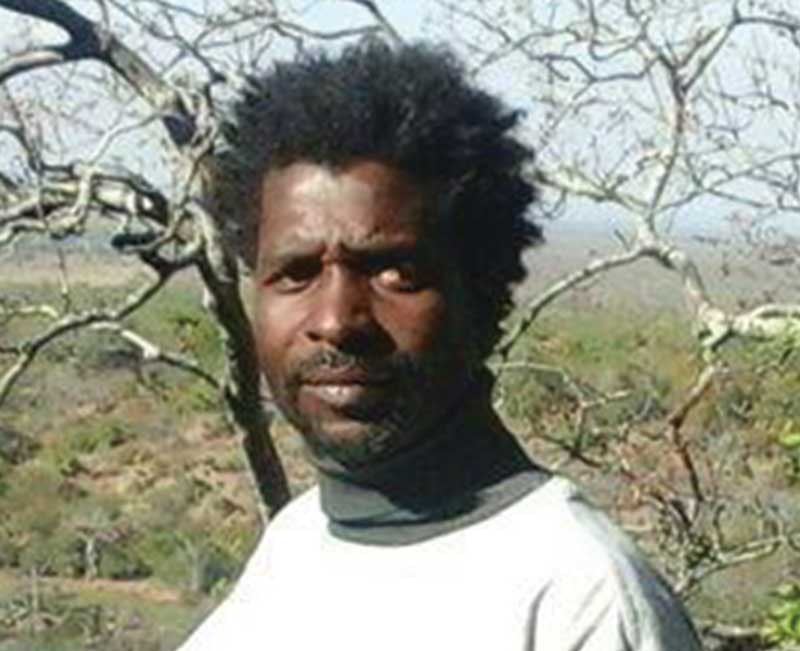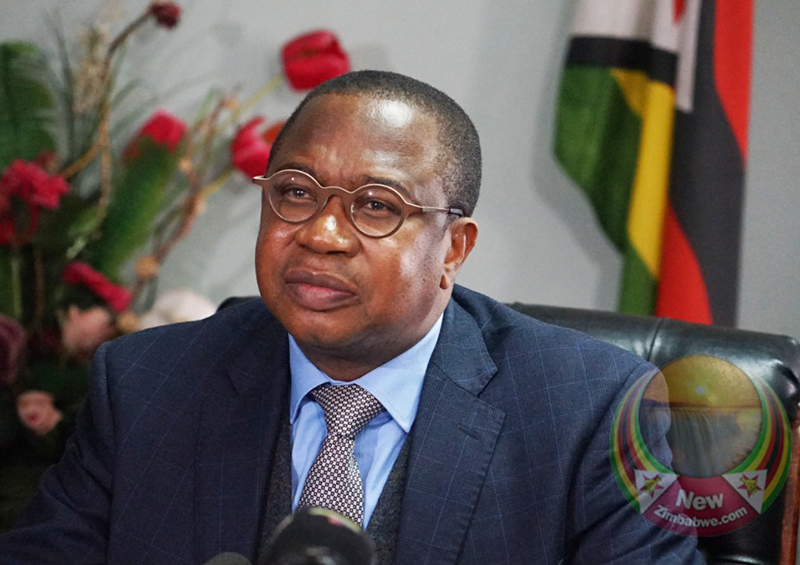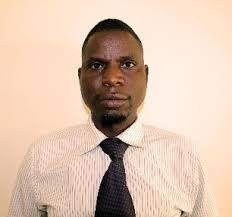
DEATH is a subject that many avoid to talk about openly. Worse still slow death, where everyone sees it but they can’t openly talk or plan for it. In the case of the ruling party, Zanu PF, the terminal illness — corruption — was diagnosed in 1989 and ever since it has been a question of time, of when it will go six-feet under.
The year 1989 was marking the end of the first decade of independence. Zanu PF leaders were well ensconced in power. The main opposition then, PF Zapu, had been swallowed two years earlier under the 1987 Unity Accord. Robert Mugabe had confirmed his position as the big man in Zimbabwean and southern Africa politics. He had become an executive president, a position that many in Zanu PF secretly coveted but dared not declare.
The so-called scientific socialist party had been infiltrated or some imbedded capitalists had gained courage to show their true colours. Zimbabwe’s economy was slowly tanking, industrial production was going down and arbitrage opportunities for the politically connected were emerging.
The economic boon of the past decade was bearing fruit, companies needed cars for their executives but they were in short supply. Willowvale Mazda Motor Industry was the biggest car assembler in the region besides South Africa. It could no longer support local demand. People had to pay in advance and wait for their cars to be delivered.
Zanu PF politicians, especially cabinet ministers abused their position to jump the queue at Willowvale, get cars and resell them at inflated prices. Shocked, Mugabe instigated a judicial inquiry into the corruption. The commission was headed by High Court judge —Justice Wilson Sandura. Many cabinet ministers were caught in the net, some retired from politics and yet others chose to go into hibernation. More importantly, there was a principled revolutionary, Maurice Nyagumbo, who committed a Seppuku. Seppuku is a Japanese term that means committing suicide to avoid falling into enemy hands and to attenuate shame and avoid possible torture.
Others, like Dzingai Mtumbuka, resigned and went back to the United States to rebuild their careers. Frederick Shava braved a trial where he was convicted and sentenced to a custodial sentence. He, however, received a presidential pardon from Mugabe and went into political hibernation.
That was a lost opportunity for Zanu PF to cleanse itself of corruption. It chose to bury its head in the sand like the proverbial ostrich. Networks with the underground were cultivated and thrived. Demanding kickbacks became fashionable. It gained new names like — commission, facilitation fees or appreciation fee.
As an aside, during that period of shady dealings within Zanu PF there was another principled man who gave hope to the country — Edmund Garwe — he resigned as Education minister after his daughter stole a Zimbabwe Junior Certificate Exam paper.
- Corruption Watch: Get scared, 2023 is coming
- Corruption Watch: Get scared, 2023 is coming
- Letters: Ensuring Africa’s food security through availability of quality seeds
- Is military's involvement in politics compatible with democracy?
Keep Reading
However, many within Zanu PF had become dyed in the wool of extortionists or corruption kingpins. It had become the staple until November 2017. Zanu PF “renewed” itself in a coup. It promised to deal with criminal elements surrounding the late Mugabe and promised a clean slate for public resource management and good governance.
This was sweet news. Zimbabweans were mainly tired of Mugabe and never gave second thought to the manner in which he was removed.
However, this was a false dawn.
President Emmerson Mnangagwa, in his first act of assembling a cabinet, he brought back Shava from political hibernation as the new Foreign Affairs czar. The same Shava convicted of corruption and abuse of office by the High Court.
Mnangagwa went on to bring many other shady characters close to his administration. And boom, the Gold Mafia exposé. The emperor is exposed — he is naked. The palace courtiers cannot tell him you are exposed sir, they cheer him on.
It is important to ask, what happened to characters like Nyagumbo and Garwe in Zanu PF? Did the breed die? Unfortunately, the answer is in the affirmative. The ruling party is so comfortable with corruption that it does not see anything wrong. There is no sense of shame.
Does it need Mnangagwa to say something for people implicated to step down or stand aside till they are cleared? Does it need Mnangagwa to order investigations? All three questions can be answered in the negative. The accused have no shame. However, Mnangagwa should reassert authority and do the correct thing and not simply wish that the scandal would go away on its own.
Failure to stamp authority, failure to do the right thing — particularly now that his family has been implicated will be read by all objective people as an admission that he is the kingpin of the underworld. Can he do the Mugabe charade — putting a judicial inquiry to get people convicted and pardon them? Or the stakes are too high, for he may be further implicated during the inquiry, forcing him to step down before the second term starts?
Zanu PF has gone through a metamorphosis since the 1989 Willowgate scandal. It has gone rogue. More scandals have followed it and it is still standing. Its standing should not be read to mean that the average Zimbabwean is OK with corruption. It is only a signal that the citizens are resigned to their fate. Many are just praying that Zanu PF will die of corruption, terminal illness, but they can’t openly say it. They continue hoping.
As we are about to celebrate our political independence next week, it is important to ask where the spirit of Nyagumbo and Garwe in Zanu PF went? What happened to the liberation values? Or alternatively, let me paraphrase Antonio Gramsci — “The crisis consists precisely in the fact that the old is dying and the new cannot be born; in this interregnum a great variety of morbid symptoms appear.”
What are the morbid symptoms that are appearing? In Zimbabwe it is; corruption, political impunity, abuse of office, embezzlement of public resources, privatisation of public resources and the normalisation of the abnormal.
I cry for my beloved Zimbabwe.
- Paidamoyo Muzulu is a journalist based in Harare. He writes here in his personal capacity.











